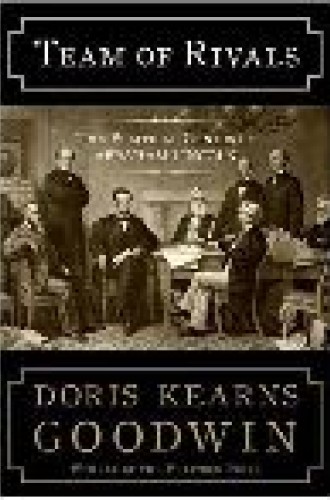CC recommends
Publishers are aware that evolution is in the headlines. This edition contains The Voyage of the Beagle (1839), On the Origin of Species (1859), The Descent of Man (1871) and The Expressions of the Emotions in Man and Animals (1872), along with 114 restored Darwin sketches and maps plus photographs. Readers should be wary of Wilson’s own biases; he thinks scientific humanism should replace religion.
While this epic-sized volume may not break new ground for Lincoln specialists, its narrative richness is captivating. Kearns Goodwin sets Lincoln among his peers, specifically Edwin Bates, William Seward and Salmon P. Chase, each of whom had hoped to win the presidency instead of Lincoln in 1860. Lincoln courted the service of each of these rivals, bringing them into his cabinet, a bold move that led to friction but ultimately to extraordinary leadership. Lincoln’s capacity for leadership—its origins, its evolution, its challenges—is explored by a master storyteller.
Many books on war focus on origins or on unfolding battles. Dallas has made a career of writing about how wars end. Here he puts forth the provocative thesis that in some ways World War II never ended—or at least not until the two Germanys were reunited in 1990—since the end of the fighting ushered in the cold war.






